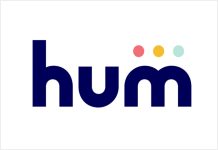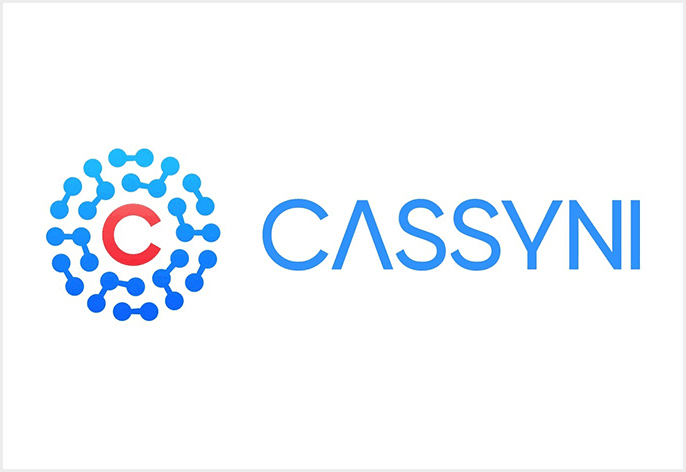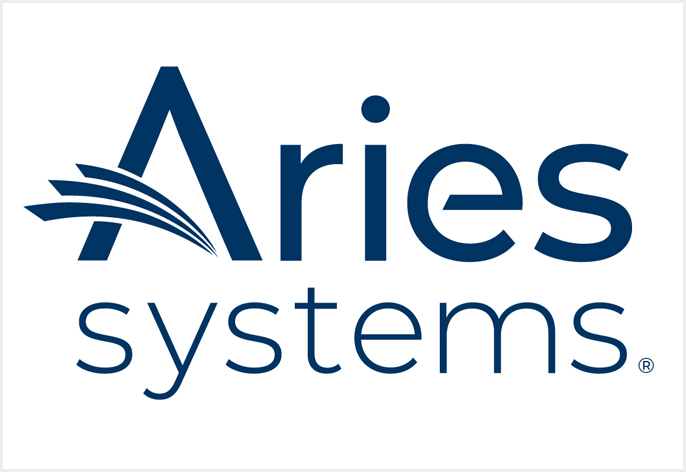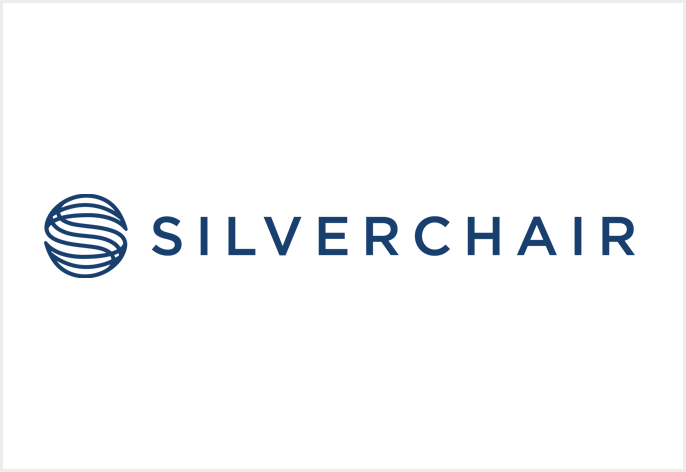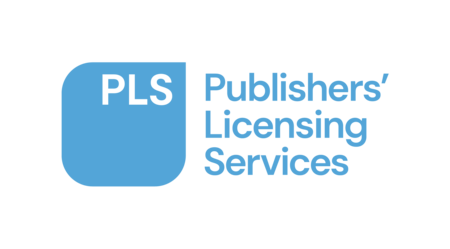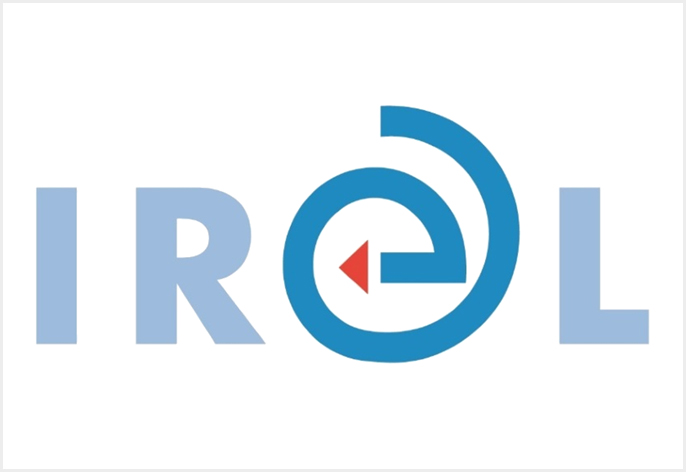The Beijing International Book Fair (BIBF), 18-22 June 2025, the second largest book fair in the world, will see a growing focus on academic publishing with a new STM conference and hub for its 31th edition.
Over 200 global libraries and research institutions will attend BIBF, organised by the China National Publications Import and Export (Group) Co., Ltd., alongside a growing list of international exhibitors from 80 countries (up from 71 in 2024).
BIBF also anticipates record international participation at its 31st edition, with over 1,700 exhibitors from countries and organisations worldwide. The fair will open amid optimism in Chinese publishing as OpenBook reported double digit growth in the Chinese trade book market (OpenBook Q1) and expansion in Chinese academic and digital publishing sectors. Chinese authors are increasingly breaking international readership (led by Liu Cixin’s The Three Body Problem) and international authors are seeing success in China, particularly in children’s publishing where two international authors were included in the list of top 10 bestselling Children’s authors in 2024, Christian Jolibois (France) and Erin Hunter (UK).
Bangladesh, Chile, Croatia, Belarus, Oman, Ethiopia, Kenya and Jamaica will make their debut at BIBF, joining national and regional stands from across the globe — including the UK, USA, France, Germany, Japan, Italy, Greece, Romania, Iran, the UAE (Abu Dhabi), Malaysia, Azerbaijan, Russia and Saudi Arabia.
Ms Lei Jianhua, Director of the BIBF, Vice President of CNPIEC said:
“Last year we saw a huge growth in international attendance and exhibitors and that is set to continue. We are pleased to see new countries represented from Bangladesh, Chile, Croatia, Belarus, Oman, Ethiopia, Kenya, and Jamaica. We are expanding the PubTech Conference and launching the inaugural STM APAC conference in partnership with the STM Association, launching a new focus area on Academic and Digital publishing with 200 global libraries and research institutions represented. We hope to foster international discussion and cooperation around academic digital content.”
BIBF Timing
Two conferences (PubTech Conference and STM Conference) will take place on 16 June and 17 June before the BIBF fair opens. The fair runs from 18–22 June, with the first three days (18–20 June) reserved for industry professionals and the final two days (21–22 June) open to the public.
BIBF will take place at China National Convention Center for the third year.
Conferences
● Pubtech Conference – on 16 June
○ The 3rd PubTech Conference—titled “Publishing’s Future Empowered by Technology”—will forge an international exchange platform for experts, scholars, leading publishers, and technology specialists to explore how advanced technologies are driving transformative change in publishing, with a focus on integrity, corpus construction, and copyright protection.
● STM conference in partnership with the STM Association– on 17 June
○ The inaugural STM APAC Conference will launch under the theme “Open Driven by Innovation,” marking STM’s first international forum dedicated to bolstering academic publishing in the Asia-Pacific region by leveraging its innovative dynamism and integrating best practices in open science. Notable keynote speakers include Caroline Sutton, CEO of STM, and Yang Wei, Academician of the Chinese Academy of Sciences, underscoring these events as must-attend platforms that will empower the high-quality development of academic publishing and foster global collaboration.
New Academic and Digital Publishing Hub at BIBF
Marking a significant innovation at this year’s fair, the Academic Digital Publishing Hub debuts as a dedicated space for in-depth exchanges on digital content and technological solutions. Notably, with Chinese university libraries’ electronic resource acquisition fees reaching a record 65.8% of their literature budgets since 2023 (source: Chinese University Library Information Science Journal 2025) and leading academic publishers—such as Wiley, Pearson, and Oxford University Press—deriving over 70% of their revenue from digital channels, BIBF is providing an area for organisations to discuss growing digital demands and review substantial cooperation opportunities. The fair unites representatives from over 200 global libraries and research institutions, creating an efficient platform for advancing academic publishing, research information services, and library resource development.
BIBF Art Book Fair, Theme is “The Art of Seeing: Visions across Books.” The 2025 edition features a David Hockney–themed exhibition showcasing Thames & Hudson publications—and on‑site artistic recreations of his signature interplay of color, light, and perspective, offering an immersive fusion of art and literature.
BIBF illustration Exhibition has announced its international jury members for 2025 including Anet van de Vorst (Netherlands), Ao De (China), Cen Jun (China), Hanne Bartholin (Denmark), Roderick Mills (UK), Samuel Bennet (UK), and Yu Rong (UK). The exhibition provides a professional global platform for outstanding illustrators, with all award‑winning works unveiled during BIBF 2025.
BIBF Picture Book Fair founded in 2015 has become a vital bridge between Chinese and international picture book publishers. Over eight years, it has welcomed celebrated IPs such as Harry Potter, Barbapapa, and Detective Pippi. In 2025, the fair will span approximately 1,700 m², featuring globally renowned franchises alongside original editions in 14 languages, creating an immersive parent–child reading experience.
Malaysia, the Country of Honour at BIBF 2025, will be represented by a robust delegation of more than 50 representatives, led by the Honourable Deputy Minister of Education and senior officials from the Ministry of Education, comprising government agencies, public and private publishers, university presses, literary foundations, and creative studios, including leading publishers such as PTS Media Group Sdn Bhd, Pelangi Publishing Group, Buku FIXI Sdn Bhd, Odonata Publishing Sdn Bhd, Patriots Publishing Sdn Bhd, Sunway University Press, Penerbit UPSI, the Malaysian Book Publishers Association (MABOPA), and Perbadanan Perpustakaan Selangor.
Growth of Chinese retail book market
● Openbook reported in 2025 Q1, the value of China’s book retail market achieved a 10.77% year-on-year increase, sustaining its recovery momentum. Subjects including education, well-being and AI technology led by Deepseek drove market growth.
● Overall sales growth was still led by the social media video channels, including Douyin (the Chinese TikTok) and Rednote
● In 2024, China’s book retail market saw 1.92 million new titles, as tracked by OpenBook, reaching its highest point in nearly a decade.
● The total number of active titles, as gauged by ISBNs in the overall retail market, reached 2.41 million, an increase of 1.68 percent.
● In 2024, the market valuation—as measured in sales revenue at list price—came to 112.9 billion yuan (US$ 15.5 billion).
● Two international authors were included in the list of top 10 bestselling authors in the Chinese Children’s Book Market in 2024, respectively Christian Jolibois from France and Erin Hunter from the UK.
● In the Chinese market, the film is a clear boost to book sales. Following the popularity of the animated film Ne Zha: The Past of the Three Realms during the Chinese New Year 2025, the new Ne Zha book from CITIC Publishing House topped the mainland February charts of Fiction Bestsellers by OpenBook.






